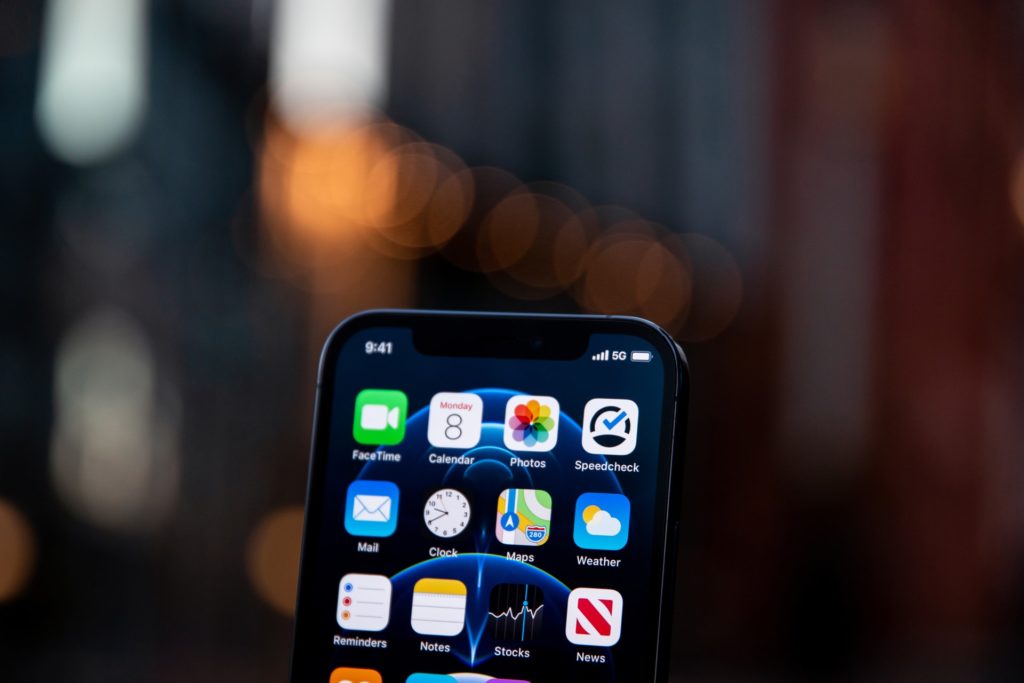In recent weeks there has been a significant increase in the number of people being pinged by the NHS COVID-19 app, following the easing of restrictions. In a one week period in July, 600,000 people in England and Wales were sent alerts by the app, causing disruption to many businesses who have voiced concerns about staff shortages and reduced services, particularly those in transport and retail industries, who have already been significantly affected.

Whereas the government announced last week a list of critical sectors where workers who are fully vaccinated and have had their most recent jab in the last 14 days may be exempt from self-isolation after being pinged, for the majority of employers it is important to be aware of the legal obligations surrounding self-isolation.
It is important to note that there is a difference in legal obligation for individuals when told to self-isolate by NHS Test and Trace, or when pinged by the app.
EMPLOYERS TOLD TO SELF-ISOLATE BY NHS TEST AND TRACE
If an employee is contacted by NHS Test and Trace and told to self isolate, they have a legal requirement to do so for the period notified (usually 10 days). If they do not comply with this, they could receive a fine of at least £1,000.
Employers should not ask employees to attend work in breach of their legal obligations in this situation.
EMPLOYEES PINGED BY THE NHS COVID-19 APP
If an employee is ‘pinged’ by the NHS COVID-19 App there is currently no legal obligation to self-isolate. Whilst government guidance advises that it is crucial that individuals pinged by the app do self-isolate, it is not mandatory to do so, meaning individuals can exercise discretion.
So, what approach should employers to take to NHS app alerts?
With more and more people getting pinged by the NHS COVID-19 app, employers should consider how they will respond to the eventuality of their employees receiving alerts.
Where possible, employers should support employees to work from home when requested to self-isolate by the app in order to comply with government guidelines.
IF AN EMPLOYEE IS REQUIRED TO COME INTO THE WORKPLACE – HEALTH AND SAFETY OBLIGATIONS
However, if an employee is required to come into the workplace because they cannot work from home, it is important that relevant risk assessments are undertaken to assess whether there would be a greater risk of transmission of the virus if the employee attends the workplace, and how this risk can be mitigated.
Areas to consider are:
- The impact on other colleagues in the workplace. Colleagues should be consulted to understand how they feel about working with someone who has been pinged. In particular, consider the impact on vulnerable employees.
- Relevant safety measures. For example, do social distancing measures need to be increased, or more PPE provided to ensure safety in the 10-day period where the employee has been advised to self-isolate?
Employers may also wish to consider creating a policy to deal with this scenario.
IF AN EMPLOYEE CANNOT WORK FROM HOME – WHAT TO PAY DURING SELF-ISOLATION
If an employee cannot work from home, and it is also decided after risk assessments have been undertaken that it is unsuitable for them to attend the workplace, employers will need to determine whether they will be paid as normal or move onto statutory sick pay (SSP).
- If an employee is self-isolating due to being pinged, but they are not ill, they are entitled to SSP. No pay is due for the first 3 days (waiting days).
- If an employee is self-isolating and is ill with COVID-19, the waiting day period is waived, and SSP may be paid from the first day of sickness.
Employers should also consider the impact on sickness absence records, which may be a concern for employees in this situation. If an employee is not ill, but eligible for SSP due to the guidance to self-isolate, their sickness absence record should remain unaffected.
The potential for unfair dismissal claims
Employees are obliged to follow their employer’s reasonable directions and it is important for employers to consider how “reasonable” it is for them to require an employee who has been pinged to attend work.
If an employee feels the request to attend work was unreasonable, and is either forced to resign, or dismissed as a result, they may be eligible to bring a constructive unfair dismissal or unfair dismissal claim.
If you would like any help on self-isolation guidance for the workplace, training or any other HR matter, please get in touch with Vivienne Tolley, HR Services Director.




